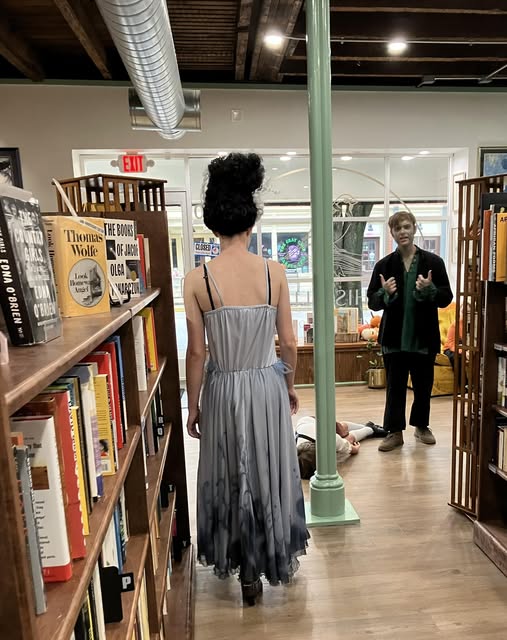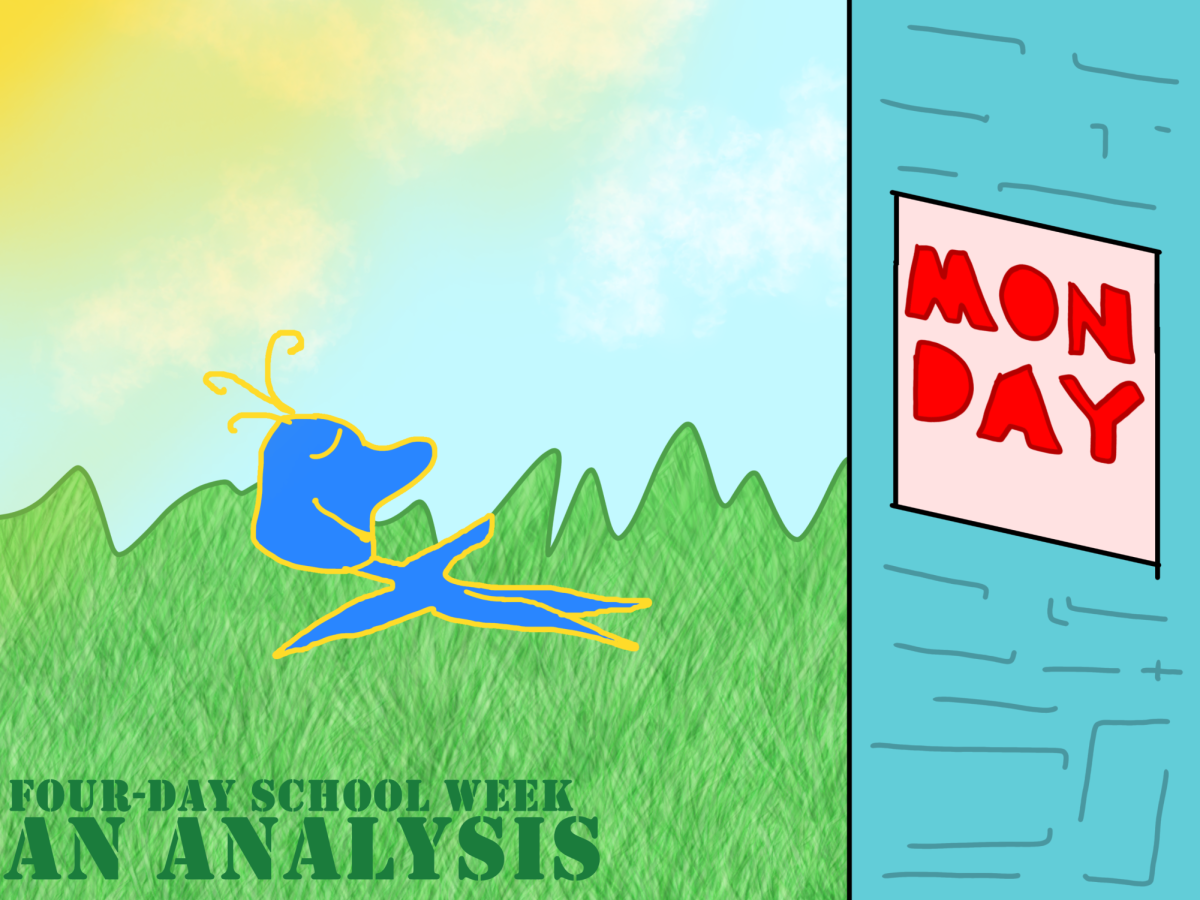The Cognitive Perception of Time
Why Does Time Seem to Speed Up as We Age?
March 10, 2023
Does it ever feel like the clock is ticking at superspeed? Or reversely, are there moments that seem as if time is progressing in slow-motion? At the surface, this is a strange phenomenon, for the measurement of time itself is completely relative and ever constant. However, it is undeniable that as we grow older, it can often feel like time is moving faster and faster. This speeding up of subjective time with age is well documented by psychologists and has sparked studies into the scientific rationale.
Researchers have hypothesized that our sense of time has a parallel relationship with our level of data processing in the brain.
“As children, everything is new and so all experiences are richly encoded in the brain. With so much information and data being processed, children have the sense that time passes very slowly,” public speaker Dr. David R Hamilton explains on his personal website.
For adults, who are processing much less data in a single moment, time seemingly moves much quicker. This would help explain why much of the elderly population complains of their days “being over before ever starting” and reversely, children questioning “are we there yet” every few minutes.
Humans are often baffled at how much detail they remember from the days, months, and years that seemed to last forever in their youth. Some choose to believe it is because children only see fantasy and are blind to reality, or in this case, the real passing of time. Subconsciously, maybe children are living at super speed, with their curious minds acting as fuel for the clock’s hands. Maybe when you or I were the tots of society, we knew the secret to time travel and infinite attention spans, and were innocuous to the fact that our abilities were withering day by day.
It is both fantastical and bittersweet to reminisce of the romantic, fairy-dusted journey children perceive life as, but through the spotless lens of science, time is frank. It may be a marvel, and misunderstood at moments, but it has an explanation.
In the words of Duke University Professor Adrian Bejan, “the ‘mind time’ is a sequence of images, i.e. reflections of nature that are fed by stimuli from sensory organs. The rate at which changes in mental images are perceived decreases with age because of several physical features that tenaciously change with age: saccades frequency, body size, pathways degradation, etc.”
“Clock time” and “mind time” are not perceived the same, and for many reasons, as Bejan explained. It seems rather natural for our perception of a second, minute, and hour to depend on biological factors, for there are elements outside of our chemistry that already affect our discernment.
“Time flies when you’re having fun” is something my mother grew up preaching, and it is absolutely true. A minute spent staring at an empty wall seems infinitely longer than a minute spent playing video games, painting a picture, or watching a movie in theaters. When we are pleasantly stimulated, time seems to absolutely fly by. Inversely, when one is negatively stimulated or not stimulated at all, time’s hands seem to drag by with every tick…tock; pain, boredom, and anxiety tend to act as a barbituate for time.
As determined, factors both related and unrelated to our biological changes with age can affect how we perceive the passing of time. The human brain is a fascinating thing that even today, is not completely understood, explaining why this reasoning is a mere theory rather than fact.
Another common theory as to why time seems to speed up as we grow older is known as “log time.” First postulated by French philosopher Paul Janet in 1897, log time explains that as we age, a year becomes a smaller fraction of our entire lives up to that point.
A year for a 5-year-old is a whopping 20% of their life so far, but that same year to a 50-year old is a mere 2% of it. In theory, the proportional difference of time explains why it might seem that time passed ten times faster for the 5-year-old than the 50-year-old. With this logic, the relationship between age and the rate of which time passes is linear.
“Time for an 80-year-old passes almost in the blink of an eye, sixteen times faster than it does for a 5-year-old,” Hamilton surmised.
As a young person who views time as slow-passing in the majority of my endeavors, this is truly intriguing and shines a light on the fact that my grandparents may see time in a completely divergent way.
Overall, both hypotheses are rather sound, but neither is proven correct. Like time itself, the explanation behind its accelerating rate of passing is socially constructed. It can be difficult to truly understand something that is ever-moving and seemingly speeding up with our age. Some may even question whether or not it is worth taking our own precious moments on this Earth to analyze this constructional phenomenon. Personally, my thoughts and feelings on time’s relationship with our age seem to change with each passing hour; it is a very misleading thing.
One can find hope and amity in the fact that life will only continue to fly by, but as the great Mahatma Gandhi once said,
“There is more to life than simply increasing its speed.”
















